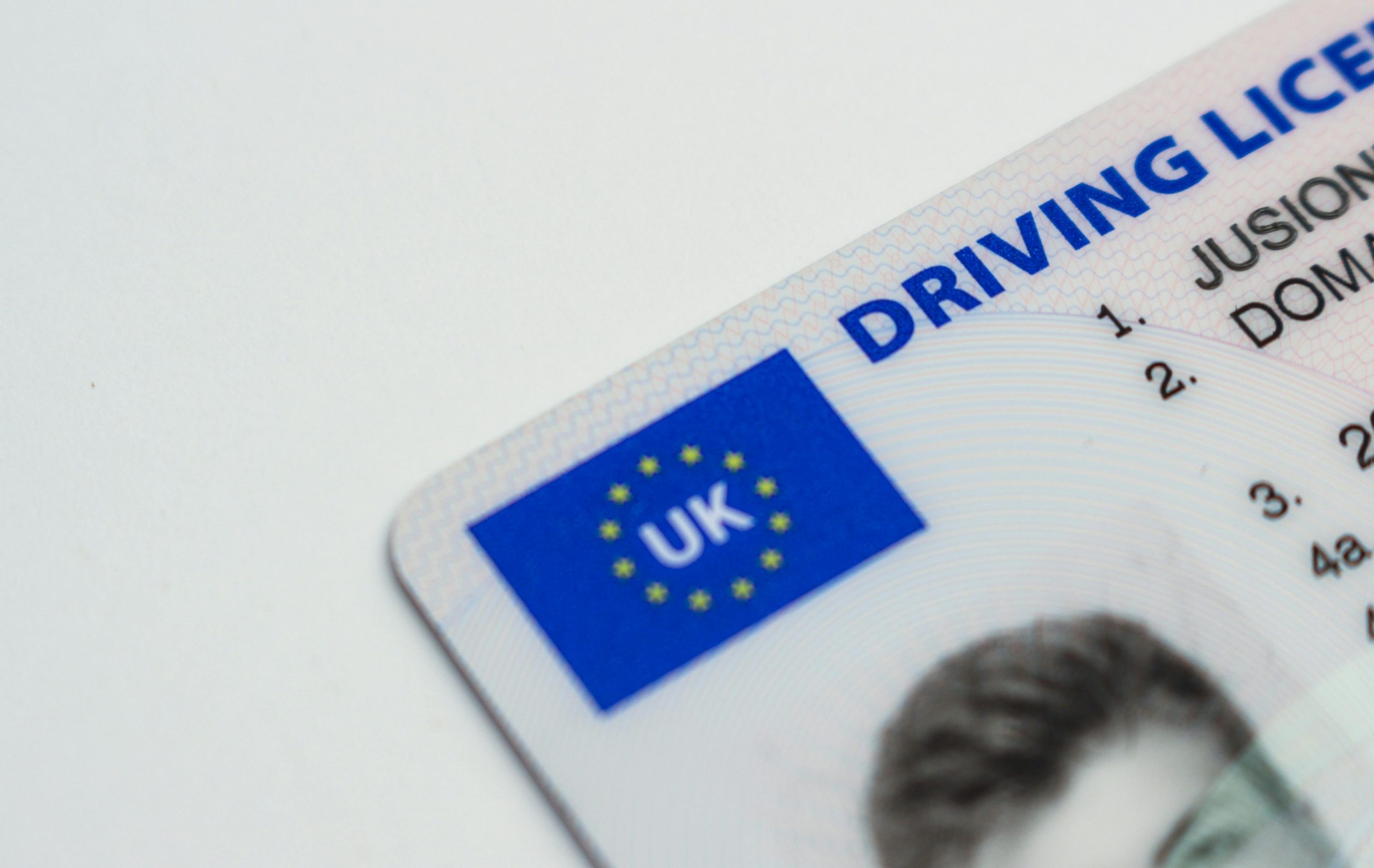This article was published on Mon 12 Aug 2019. At the time of publishing, this article was true and accurate, however, over time this may have changed. Some links may no longer work. If you have any concerns about this please contact us
Top tips for cheaper motoring
According to Kwik-Fit, an average car can set its owner back close to £5,000 per year*. Find out how to reduce how much your car costs you.
Reduce servicing costs
Although garage servicing costs can be high, you may be able to save money on servicing by shopping around. But this doesn’t mean avoiding getting your car serviced. Minor repairs left to get worse may become very expensive to repair. Also, stick to the servicing intervals recommended by the car manufacturer and always keep a full service history to help maintain the value of your car.
Take care of your tyres
You can prolong your tyres’ life by taking proper care of them:
- Ensure that they are correctly inflated as over or under-inflated tyres aren’t only dangerous, they will wear out more quickly and will increase your fuel consumption.
- Check the tread for any foreign matter such as stones that might have lodged there.
- Consider having your wheels aligned; badly aligned wheels can double tyre wear rate.
While it’ll save you money by making your tyres last as long as possible, you must never drive on damaged tyres. Tyres must not have less than the legal minimum tread depth of 1.6 mm across the central three quarters of the width of the tyre, with many experts recommending a minimum of 3mm.
Clear out your car
Many people use their car boots as a dumping ground for all manner of items. The heavier your load, the more fuel you will use – which will make a big difference over time.
Think about your driving style
The way we drive can make a huge difference to fuel consumption. (You may be able to calculate yours here.)
Every car has an optimal fuel efficiency typically around 30 mph to 50 mph, which is dependent on vehicle type. Increasing your cruising speed from 55 mph to 75 mph can raise fuel consumption as much as 20%!
Other ways in which you can improve your fuel efficiency are:
- Drive smoothly, accelerate and decelerate gently.
- Avoid unnecessary braking by keeping a reasonable distance from the car in front and reading the road.
- Avoid unnecessary stopping and starting in queues – try to keep your car rolling but avoid slipping the clutch.
- Change gear sooner but avoid labouring the engine.
- Reduce the amount you use your air conditioning as it can increase your fuel consumption. However, be sure to stick to the manufacturer’s recommendations about running it periodically.
- Electrical loads increase fuel consumption, so turn off your heated rear windscreen, defoggers and headlights. Of course, only if safe to do so.
- If your car is modern and has start-stop technology, make sure it’s activated. This will help reduce fuel consumption when you’re sat in a queue.
Keep your car aerodynamic
Car manufacturers make big efforts to improve the aerodynamics of their design to reduce drag and improve fuel economy. But if you leave roof bars and roof boxes on when you’re not using them, you won’t be helping your fuel economy.
Reduce CO2 to keep car tax down
If you’re looking to buy a new car, opt for one with low CO2 emissions and you’ll pay a lower first year rate in Vehicle Excise Duty. You’ll find CO2 emissions information on the car’s V5C registration document.
Cars such as electric vehicles which emit ZERO CO2 are totally exempt from vehicle tax, in year 1 and subsequent years.
For cars with higher emissions than zero, the first years charge can range from £10 to £2,135 dependent on the level of emissions. The second time the vehicle is taxed, and subsequent years, the standard rate from 1 April 2019 is £145.
Cars with a list price of more than £40,000 are subject to an additional charge of £320 for five years after the first year.
To calculate your vehicle tax rate, use the Vehicle Certification Agency’s calculator.
Winter-proof your car
It might be a little early to be thinking about autumn and winter, but these are the worst times of year for car breakdowns and insurance claims. Ensuring that that your car is ready to cope with the winter months, could help avoid inconvenient and potentially costly events later on. Below are just a couple of suggestions:
- Lights – Make sure that lights are clean and working as a dirty head light can severely reduce your ability to see the road in front.
- Screenwash – It is always dangerous to drive with a dirty windscreen, but even more so with the low winter sun when there is a high risk of being dazzled in the mornings and late afternoons. Keep your windscreen clean at all times and ensure that your screenwash is topped up regularly.
- De-icer – De-ice before you set off. Make sure that you remove ice from your windows and mirrors before you set off, so allow a little extra time for doing so. Keep de-icer and an ice scraper handy.
- Battery – Car batteries are heavily used in the winter months, so ensure that yours is in good condition. If you haven’t changed it recently, get it checked out and replace it before it lets you down.
- Winter tyres – Not compulsory in the UK, but they in several other European countries, so think about this if you are travelling abroad. Winter tyres are made using a different compound which gives a better grip in the cold and uses a different tread pattern which is safer when driving on snow. They are becoming increasingly popular in the UK, and may well be worth considering.
Now what about Car Insurance?
If you don’t have car insurance with us, why not get a quote from us?
Unlike many insurers, there are no hidden extras when you insure with Police Mutual and if you switch to us, Police Mutual will pay the cancellation fee that might be charged by your current provider, up to the value of £125.
For more information about our car insurance and how you would benefit, click here or call 0151 242 7640
Police Mutual car insurance is provided by Royal & Sun Alliance Insurance plc.
PMGI Limited, trading as Police Mutual, is authorised and regulated by the Financial Conduct Authority. Registered in England & Wales No. 1073408. Registered office: Alexandra House, Queen Street, Lichfield, Staffordshire WS13 6QS.
For you security, all telephone calls are recorded and may be monitored.
* Figure includes finance costs or depreciation. Kwik-Fit survey June 2018.










